Chinese EV giant Nio is looking to launch a new more affordable sub-brand focusing on small SUVs in markets outside China.
While Tesla is pulling back on its plans to launch a low-cost hatchback and instead focusing on automation, Nio is looking to take up the slack with the new sub-brand, which it has dubbed Onvo.
Nio will look to launch a small SUV model in the European market, the Onvo L60, which will specifically take aim at the Tesla Model Y with a starting price claimed to be around the equivalent of $45,200. For reference, the ET5 sedan (including the 75kWh battery) costs around the equivalent of $70,000 in Norway.
The big hook is that the new vehicle will not only be more affordable than Nio’s existing European range, but it will also be capable of using the brand’s battery swap stations, removing the need for long charging times, instead using a robotic system to swap the whole battery pack in around five minutes.
Nio is yet to actually reveal the Onvo L60, yet says the model will launch before the end of the year. It has launched a webpage, and says to stay tuned for more information on the model. In comments the brand’s chief executive made to Reuters, Onvo's products will be less premium Nio's.
Nio – which pitches itself as a premium performance brand – is already operational in several EV-heavy markets in Europe, where it offers its Model 3-rivalling ET5 sedan (and its wagon variant), as well as a range of ES mid-size SUVs and EC coupe SUVs.
.jpg)
As of the beginning of 2024, Nio operates a whopping 2454 battery swap stations and 3806 charging locations to support its fleet of cars. Most are in China, but its infrastructure play (which is an expensive venture) is its key point of differentiation from many rival brands.
Onvo is not the only Euro-focused sub-brand Nio intends to launch either. It will also challenge Tesla’s upcoming Robotaxi model with its own automated driving sub-brand, thus far named Firefly. Even less is known about roll-out plans for this marque beyond that the cars will be small and also claimed to cost less than the equivalent of $45,000.
.jpg)
Like many pure electric start-up brands, Nio is facing issues with profitability, especially in an environment with increased competition and a higher inflation global financial environment. It had planned to break even late last year, but has pushed its date for profitability back several times as it invests in updated models, new projects and infrastructure plays like a new charging pylon it says will be capable of outputting 640kW.
It also has a wide variety of other business interests, including a fashion line and even a smartphone. It also allows other brands to partner with its battery swap station technology, including Chinese giants like Changan and international marques like Lotus.
Nio’s has long held right-hand drive plans, starting with the UK, which opens a pathway for its vehicles to be launched in Australia, but like its profitability, it has repeatedly delayed the launch, saying it wants to ensure it not only offers its vehicles but also the infrastructure to support its battery swap stations at launch.

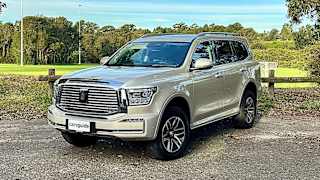
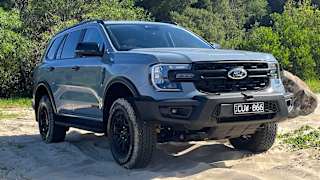
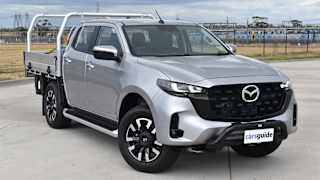
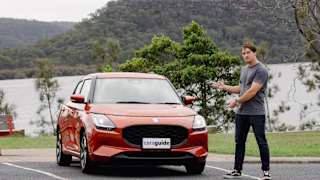
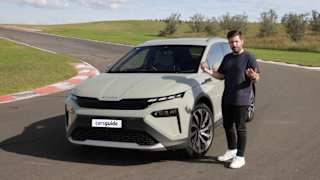








.jpg)
.jpg)
.jpg)


.jpg)
.jpg)


.jpg)



.jpg)


.jpg)